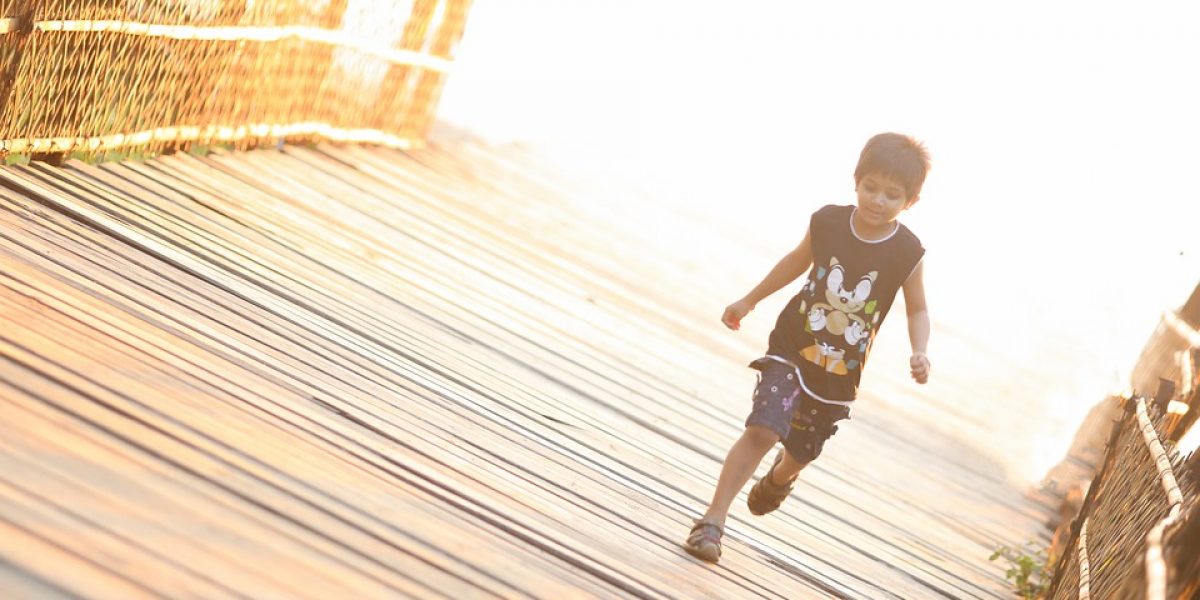
Deadline: 31 July 2016 for the papers | 16 September 2016 for the abstracts
Open to: scholars from different human and social sciences (history, anthropology, psychology, pedagogy, political science, communication science, sociology)
Venue: 3-5 November 2016, University of Vienna
Description
The 1990s have a long lasting impact on the children who experienced the fall of Soviet-dominated societies and the related transformations on the other side of the “Iron Curtain”. This generation consists of the German “Wendekinder” (in the East, but also in the West) who experienced the political turnaround and unification as well as the children of the political revolutions in Poland and the Baltic states, in the Czech Republic and Slovakia, in Hungary and Ukraine. It also includes the children of the former Yugoslav Republics, who experienced political change through the violence of war that led to the creation of Bosnia-Herzegovina, Croatia, Kosovo, FYR Macedonia, Montenegro, Serbia and Slovenia.
The organizer is The Federal Agency for Civic Education (Bonn) in cooperation with the Association for European Studies (Vienna) and in association with the Franz Vranitzky Chair for European Studies (University of Vienna), the Sigmund Freud Private University (Vienna), the Deutschland Archiv Online (Berlin), the Bruno Kreisky Forum for International Dialogue (Vienna) and the Institute for the Danube Region and Central Europe – IDM (Vienna).
Some of the Conference questions include:
- How do these young adults define themselves today – culturally, socially and politically?
- Which images of themselves and the so-called “other” do they share? Are there “national” differences?
- What personal, psychological and/or collective difficulties is this generation confronted with?
- How and in what way(s) are family, education, religion, customs and traditions important to those young people? Are there any other influencing factors?
- What experiences are important in their everyday lives? To what extent and how have they changed in the last 25 years?
- Which traditions, rituals and activities are central to their communities?
Eligibility
- Scholars from different human and social sciences (history, anthropology, psychology, pedagogy, political science, communication science, sociology);
- Knowledge of English language.
Costs
- The contributors will have free accommodation in a conference hotel for two nights;
- The international travel costs will be refunded up to EUR 250 per person.
How to Apply?
Proposals of a maximum of 300 words and a short academic CV for contribution and participation in the conference must be submitted by 31 July at: fvc@univie.ac.at.
When accepted, the applicants have to send a paper of 5 pages (A4) in length by 30 September 2016, to fvc@univie.ac.at.
For more information visit the official website.


